In the winter of 1995, my husband, shoe designer Stuart Weitzman, told me that we were going to open our first retail store on Madison Avenue in New York City and asked me to look at an available space near Fifty-ninth Street. I did, and when I confirmed that the location was right for the shop, he responded by telling me to make sure that it was ready to open by the first week in August. Suddenly, after spending years handling public relations, event planning, and all the other things that no one else in our company could or wanted to do, I found myself in the retail business. There I was, hiring the architect and designer, setting up the space, and determining how we would brand ourselves to the public. This was quite a challenge, because if the shop didnt do well, it would be a very public failureand I could not allow that to happen! I grew up in Atlanta during the time when the great department store Richs, then a family-owned operation, was the model for retail. I took a cue for our store from my experiences there, especially regarding customer service.
While the importance of being nice to your customers may seem obvious, I knew I could not stress it enough to our staff. I wanted to make sure our shop was a place where salespeople not only made customers feel welcome but also were glad to help them find both the right shoes and the right fit. I wanted to make sure our customers never felt any pressure to buy and to make it easy for them to see the prices of the merchandise. More than anything, I wanted shopping in our store to recall the same graciousness and warmth I had experienced growing up in Atlanta and to bring some of that southern hospitality to Madison Avenue. Once Stuart Weitzman opened, I made sure that it was fun to shop there. When I came across items such as chocolate shoes, or gift wrap with shoes on it, or even books about footwear, we sold them.
After a while, people came to the store to buy those gift items as well as shoes and accessories. I also oversaw the window displays, which featured fantasy shoes made by wonderful artists from all over the world. This was not my first experience working with artists on behalf of our company, though. In the mid-1980s, I went to many studios in New York City with a young photographer, Tali Katzurin, to photograph Stuarts shoes in combination with sculptures by artists such as Michele Oka Doner, Tobi Kahn, and Jackie Ferrara for a series of advertisements, The Art of Stuart Weitzman, that we ran in Vogue. In those days, we rode in a lot of freight elevators in lower Manhattan in our search for artists for that campaign. Before long, I began to travel around the country looking for artists to make fantasy shoes for our store windows.
This book, Art & Sole, is the result of many years of hard work and fun that went into creating those displays. The response to my search for artists was extraordinary from the very start. There was a sense among the people I approached that they were part of something exciting, and that displaying their work in our windows was as thrilling as having a one-person show at a prestigious New York gallery. At the time, we did consider the windows a gallery of sorts and sold some very good pieces. Later on, though, we regretted selling them, but then we had no idea that we were putting a collection together that would travel to new Stuart Weitzman stores in other cities. While some of the artists already made art shoes, most of them did notand in the latter cases, there was something I saw in their work that I thought would translate into a creative window display.
In order to make sure the shoes reflected Stuarts designs, I asked him to draw a simple outline of a high-heeled pump. I took the sketch with me to craft shows and other venues where I searched for new artists. As I spent more time looking for artists and building our collection, the shoes became stronger. The challenge was to keep raising the creativity level and to make the shoes we intended to exhibit even more extraordinary than the last group. I found very talented artists who made shoes out of unexpected materials, and I always urged them to take their work further. In 2000, when Timothy Fortuna became our window designer, he soon joined me in searching for more artists, always encouraging them to push themselves, too.
He created wonderful backgrounds for the shoes, changing the displays monthly. He even created some shoes himself. Finding the artists became addictive for usas was the thrill of seeing their finished pieces. Our customers loved the shoes. There were often crowds standing in front of the windows, looking in. Tim and I frequently stood outside within earshot so we could listen to peoples reactions and observations.
Their excitement and comments motivated us to bring in even more showstopping shoes for them. Before long, the windows became a destination, and artists, or their friends who had passed by, began to inquire about making shoes for the displays. Once we began to get media coverage, we heard from artists from all over the worldeven from those who had never created fantasy shoes beforewho wanted to make special pieces for us. When Womens Wear Daily wrote about the windows, we received many sketches and photographs, although sadly, most of them were just not up to our standards. Oddly enough, in light of the huge popularity of the Cinderella story, I was never able to find glass shoes, but it was not from a lack of trying. The ones that came our way never quite worked out.
The shoes that I have selected to include in Art & Sole represent the best of more than a thousand that have appeared in Stuart Weitzman stores over the years. I hope you enjoy looking at them as much as I enjoyed working with the very special artists who created them.
PETAL PUSHER

GARDEN CLUB


FENCE ME IN

LOOP-THE-LOOP


LETS TANGO

AUTOMATA I

AUTOMATA II



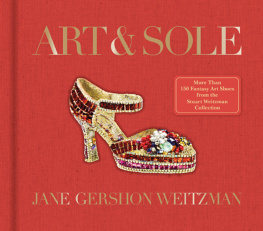
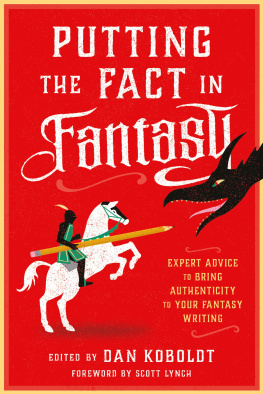


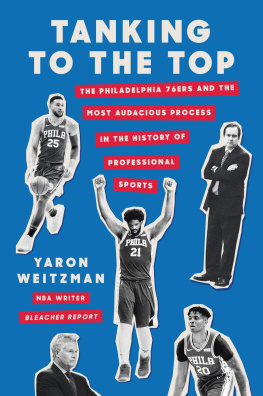
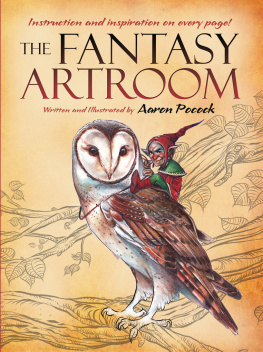
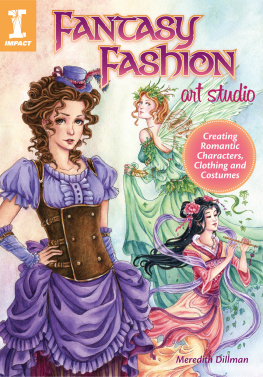

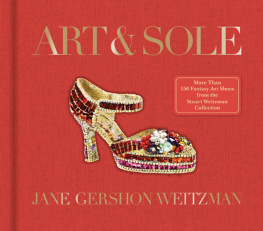
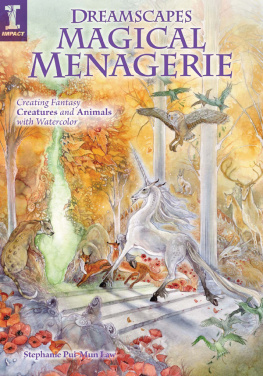
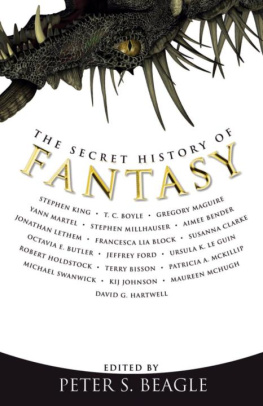
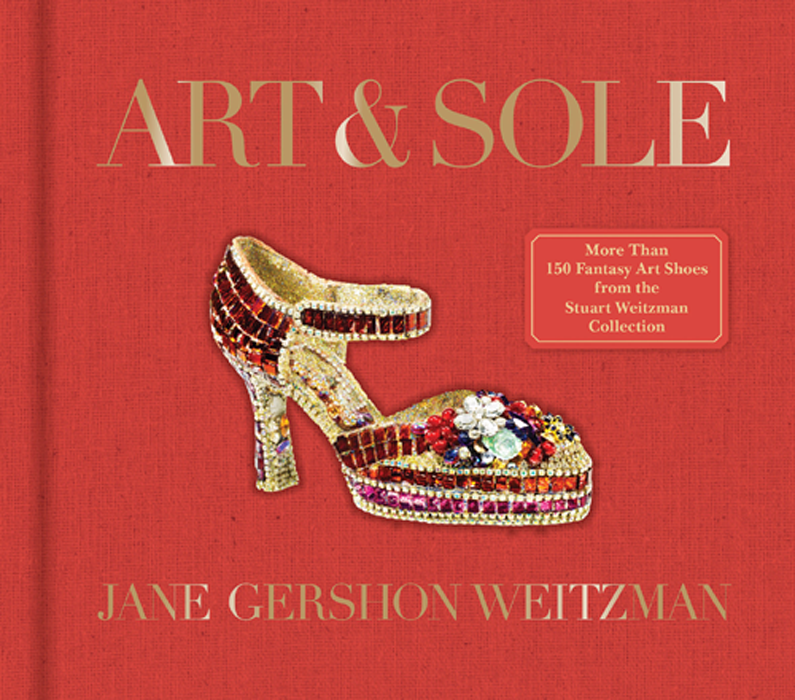

 To my husband, Stuart,
To my husband, Stuart, GARDEN CLUB
GARDEN CLUB 
 FENCE ME IN
FENCE ME IN  LOOP-THE-LOOP
LOOP-THE-LOOP 
 LETS TANGO
LETS TANGO  AUTOMATA I
AUTOMATA I  AUTOMATA II
AUTOMATA II 
